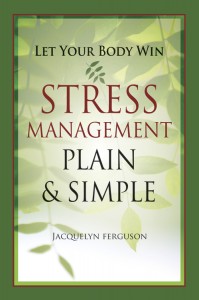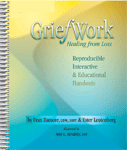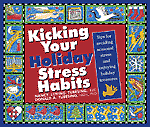Do you sit about as much as you sleep most days? An Institute for Medicine and Public Health poll of almost 6,300 people found you probably spend about 56 hours a week commuting, at your computer, or watching TV. And many women are more sedentary than men since they hold less active jobs and play fewer sports.
Whether or not you think you’re sedentary, you probably spend much time at work sitting. And, excessive sitting is killing us through obesity, heart disease, and diabetes.
It’s even spawning a new medical study: inactive physiology, which explores our tech-driven lives and its resulting lethal new epidemic, “sitting disease.”
American Cancer Society epidemiologist Alpa V. Patel, PhD and colleagues found through research after adjusting for smoking, height/weight, and other factors, sitting six or more hours daily – versus less than three hours – increased the death rate by about:
· 40% in women;
· 20% in men;
· 94% in the least active women;
· 48% in the least active men;
The health problem wasn’t due to insufficient exercise; it was the sitting itself. As one person wrote, “It’s the modern-day desk sentence.”
Mayo Clinic’s James Levine, M.D., Ph.D., author of “Move a Little, Lose a Lot,” says, “Our bodies have evolved over millions of years to … move. For thousands of generations, our environment demanded nearly constant physical activity.”
Contrast that with modern life: increasingly longer work weeks, electronic living that extinguishes what little activity we might otherwise choose by allowing us to:
· Interact with friends through social networking without taking a step;
· Shop and pay bills by lifting only a finger;
· Entertain ourselves through on-line distractions;
Levine says, “The consequences of all that easy living are profound.”
Marc Hamilton, Ph.D., associate professor of biomedical sciences at the University of Missouri warns when you sit too much, your body shuts down at the metabolic level. When your large muscles, meant for movement, are immobile, your circulation slows so burns fewer calories. Fat-burning enzymes responsible for breaking down triglycerides start to switch off. Sitting for a full day decreases those enzymes by 50%, according to Levine.
Additionally, the less you move the less blood sugar you use increasing your chance of contracting diabetes. Depression is also more likely due to less blood flow circulating fewer feel-good hormones to your brain.
Exercise doesn’t even give you a pass. (Now the researchers have my attention.) We’ve become so sedentary that 30 minutes daily at the gym may not be enough to counteract the detrimental effects of eight – ten hours of sitting, according to Genevieve Healy, Ph.D of the Cancer Prevention Research Centre of the University of Queensland, Australia, explaining why many women struggle with weight despite regularly working out.
Healy discovered regardless of how much exercise participants got, those who took more breaks from sitting had slimmer waists, lower BMIs, and healthier blood fat and blood sugar levels than those who sat the most. Next week I’ll present tips to counteract sitting disease.
Jacquelyn Ferguson, M. S., is an international speaker and a Stress and Wellness Coach. Order her book, Let Your Body Win: Stress Management Plain & Simple.

 When considering options, do you suffer from analysis paralysis? Or, do you impulsively react? To counter both of these approaches use the “if … then technique:”
When considering options, do you suffer from analysis paralysis? Or, do you impulsively react? To counter both of these approaches use the “if … then technique:”

